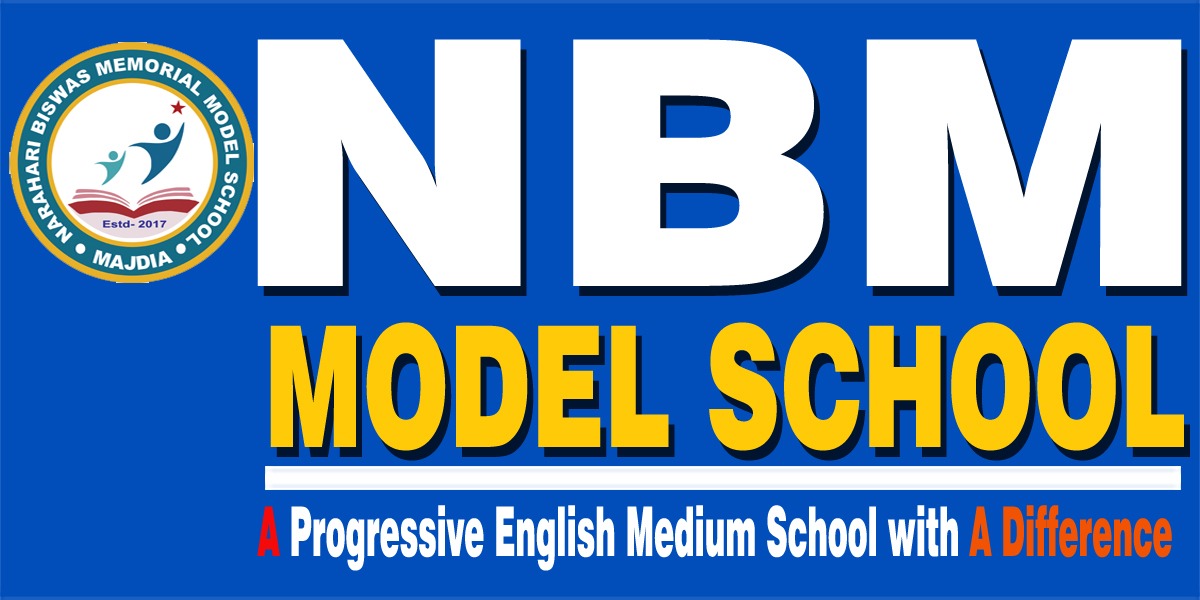Explore
FOUNDATIONAL STAGE (NURSERY – CLASS II)
Objective: To boost students’ mental health and study habits.
Explore
Foundational Stage (Nursery–Class 2)
- In line with NEP 2020, the academic year is divided into four Boosters (semesters).
- Assessments are fun-based, play-oriented, and integrated into daily activities.
- Tools include orals, projects, activities, role play, worksheets, and observation checklists.
- Emphasis is on conceptual understanding, motor skills, language development, and socio-emotional growth.
- Parents are kept informed through regular PTMs and progress-sharing sessions.
- A grading system is followed, and Holistic Progress Cards (HPCs) reflect overall development rather than only academics.
Explore
PREPARATORY STAGE (CLASSES III – V)
- Academic year is divided into two terms of 100 marks each.
- Assessments focus on concept mastery, creativity, and critical thinking, with a mix of Periodic Assessments, Projects, Notebook work, and Term-end exams.
- For Classes III & IV, syllabus is term-wise.
- For Class V, 10% of Term I syllabus is included in Term II exam to promote spiral learning.
- Students are awarded marks and grades for scholastic areas.
- Co-scholastic areas (Art, Health, Physical Education, Life Skills, Values) are evaluated on a 3-point scale.
Explore
MIDDLE STAGE (CLASSES VI – VIII)
Following the CBSE’s Uniform System of Assessment with NEP 2020’s competency focus:
- Two terms in a year, each with Periodic Tests (20 marks) and Term Exams (80 marks).
- Periodic assessment includes:
- Pre-Mid and Post-Mid Examinations.
- Multiple Assessments (MA) – Monthly Assessments, class tests, quizzes, oral tests, project work.
- Subject Enrichment (SE) – practical, lab work, ASL (languages), map work, portfolios.
- Notebook Submission – regularity, neatness, assignment completion.
- Spiral Curriculum Approach:
- VI – 10% of Term I syllabus in Term II exam
- VII – 20% of Term I syllabus in Term II exam
- VIII – 30% of Term I syllabus in Term II exam
- Co-scholastic evaluation includes Life Skills, Art, Sports, Values, Community Service (graded on 5-point scale).
- The aim is to develop analytical skills, problem solving, collaboration, and ethical awareness.
Explore
SECONDARY STAGE (CLASSES IX – X)
- Evaluation strictly as per CBSE’s Uniform Assessment Framework.
- Each term includes:
- Periodic Assessment (20 marks) – Multiple Assessments, Notebook, Subject Enrichment and Pre-Mid Exam.
- Term Exam (80 marks) – written exams based on half syllabus
- Double Pre-Board Exams prepare students for Board Pattern.
- Co-scholastic areas assessed on a 5-point scale.
- Final Assessment emphasizes application of knowledge, critical thinking, and competency-based questions (MCQs, case studies, source-based, reasoning).
- Encourage outdoor play and physical activity.
- Create a safe, judgment-free environment at school and home.
- Celebrate small achievements to keep students motivated.
- Promote kindness, empathy, and respect for peers.
ASSESSMENT STRUCTURE FOR CLASSES III TO X
SUBJECTS | Periodic Assessment (20) | Mid Term Examination (80) | Periodic Assessment (20) | Final Examination (80) |
ENGLISH, 2ND LANGUAGE, MATHEMATICS, SCIENCE, SOC. SCIENCE | M.A- 5 | Written examination | M.A- 5 | Written examination |
3rd LANGUAGE, COMPUTER, G.K | N/A | Written examination | N/A | Written examination |
Extra-Curricular:
ART, Health & Physical Education: Three Point Grading System Used in both Term I and Term II.
KEY FEATURES OF OUR ASSESSMENT SYSTEM
- Aligned with NEP 2020: competency-based, holistic, continuous.
- Holistic Progress Cards (HPCs) replacing traditional marksheets.
- Blended assessment tools: written, oral, projects, digital.
- Equal focus on academics, arts, sports, and values.
- Parent-school collaboration through regular feedback.
